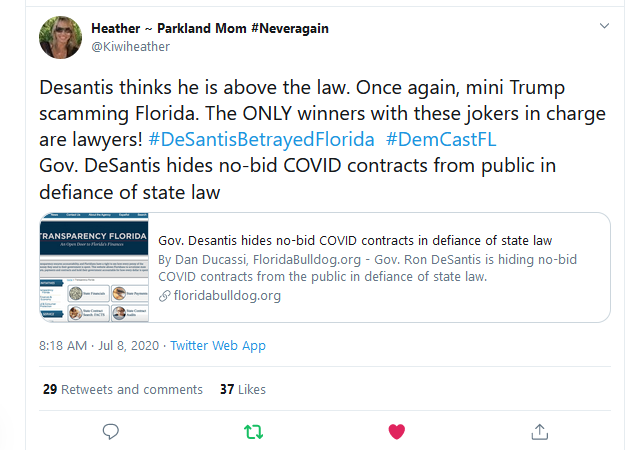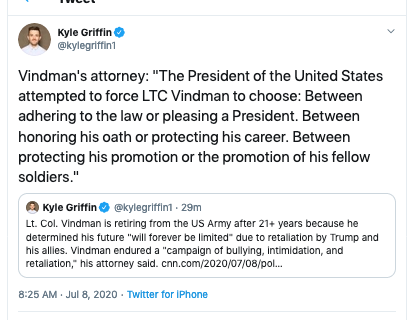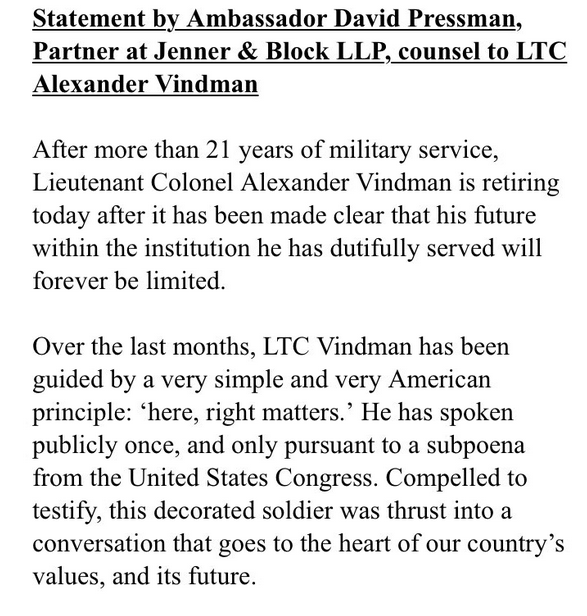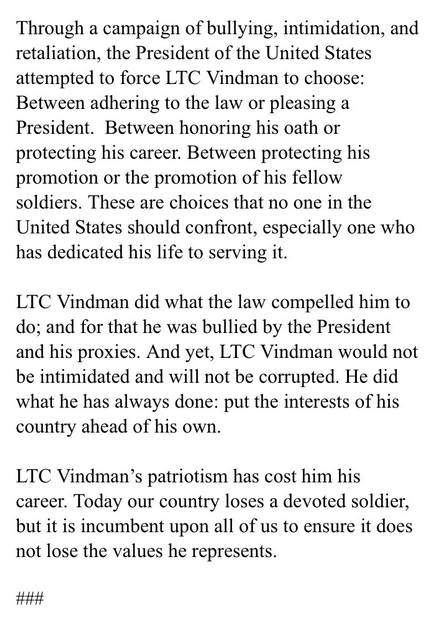WASHINGTON — The head of the National Oceanic and Atmospheric Administration felt that his job and the jobs of others would be in jeopardy if the agency did not rebuke forecasters who contradicted President Trump’s inaccurate claim last year about the path of Hurricane Dorian, a government report found.
The inspector general’s report examined the aftermath of Mr. Trump’s insistence that Hurricane Dorian was headed toward Alabama, which National Weather Service forecasters in Alabama contradicted. It found a politicized process that investigators described as having “significant flaws” in which late-night demands from White House led to urgent intercontinental telephone calls, text messages and emails that culminated in a controversial NOAA statement criticizing the forecasters.
The inspector general, Peggy E. Gustafson, placed blame largely with top aides to Secretary of Commerce Wilbur L. Ross Jr., whose agency oversees NOAA, and who were tasked with coordinating the Sept. 6 unsigned statement suggesting that the president was right, and that Alabama forecasters had acted improperly by suggesting otherwise.
She called that statement “contrary to the apolitical mission” of the science agency and described it as “the end result of events triggered by an external demand placed on Secretary Ross — specifically, a request from the White House to, in Secretary Ross’s words, ‘close the gap’ between President Trump’s statement and the NWS Birmingham tweet.”
She did not find “credible evidence” that top Commerce Department officials explicitly threatened to fire Neil Jacobs, then the acting administrator of NOAA. But Dr. Jacobs told investigators that he “definitely felt like our jobs were on the line” if he refused to counter his own weather forecasters.
“At a minimum, miscommunication or a lack of clarity surrounded the key issues of whether anyone’s job was at risk,” the report found.
On Sept. 1, Mr. Trump wrote on Twitter that Dorian, which was then approaching the East Coast of the United States, would hit states, including Alabama, “harder than anticipated.” Forecasters in the Birmingham, Ala., office of the National Weather Service then contradicted him by assuring the public they were safe. “Alabama will NOT see any impacts from Dorian,” they wrote.
On Sept. 4 Mr. Trump appeared in the Oval Office with an altered map of Hurricane Dorian’s path, increasing scrutiny of the president’s insistence that Alabama was in danger and lending the moniker “Sharpiegate” to the episode.
The pressure on Dr. Jacobs and his staff originated with Mr. Trump’s chief of staff, Mick Mulvaney, who emailed Secretary Ross while in Greece on agency travel the morning of Sept. 5 asking him to look into the discrepancy. Mr. Mulvaney then followed up with an email.
Mr. Trump, Mr. Mulvaney said, “wants either a correction or an explanation or both” for the forecasters’ statement, according to the report.
On Sept. 6 NOAA issued an unsigned statement calling the Birmingham office’s Twitter posting “inconsistent with probabilities from the best forecast products available at the time.”
In a report last month, NOAA concluded that the statement from Dr. Jacobs’s office violated the agency’s code of conduct. That report did not address the actions of Secretary Ross or other officials at the Commerce Department.
In a series of text message exchanges from Sept. 6 that were included in the report, Michael Walsh, the chief of staff at the Commerce Department, suggested a way to portray the president’s statements about Alabama in a more favorable light.
An earlier forecast, which was out of date by the time of Mr. Trump’s post on Twitter, had shown a small chance that Alabama would experience moderate winds from Dorian. “I wonder whether we build a narrative that validates the early Alabama forecast,” Mr. Walsh wrote to Dr. Jacobs and Julie Roberts, then a senior political staffer at NOAA.
Mr. Walsh proposed that Dr. Jacobs issue a statement, in which Dr. Jacobs would say that he had told Mr. Trump during a briefing on the previous Sunday that “there was a strong possibility that the hurricane would punch through Florida and hit the panhandle including Alabama,” in Mr. Walsh’s proposed language.
Ms. Roberts responded to Mr. Walsh: “We did not tell him Alabama was in play on Sunday.”
In a response included in the report, Mr. Walsh called the report’s conclusions “completely unsupported by any of the evidence.”
“The Inspector General instead selectively quotes from interviews, takes facts out of context, portrays events as related to one another without any evidence establishing a connection, and ignores basic governance structures at the Department of Commerce,” Mr. Walsh wrote.
In a separate response, Sean B. Brebbia, the department’s acting deputy general counsel for the Office of Special Projects, said the report’s lack of formal recommendations “shows that there were no major flaws in the Department’s handling of this situation."
“The Department views this matter as closed,” Mr. Brebbia concluded.
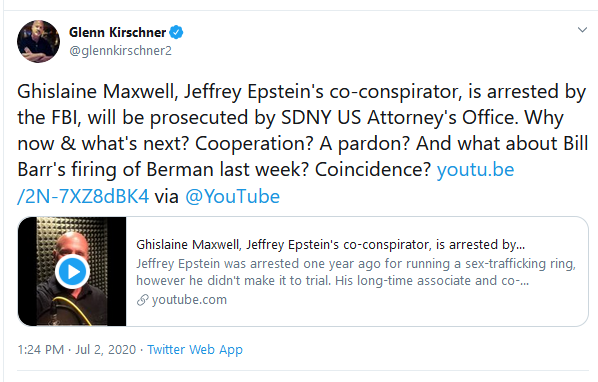

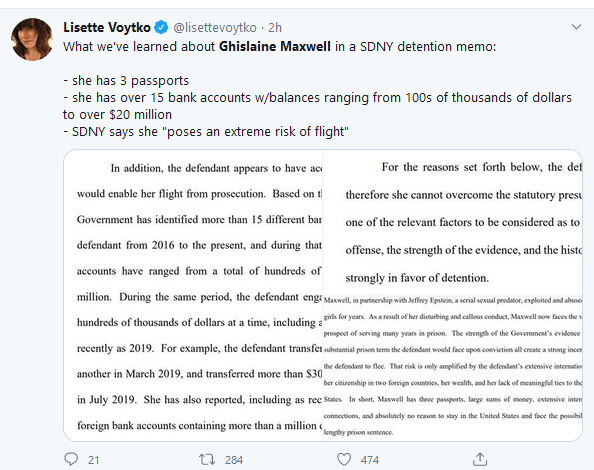
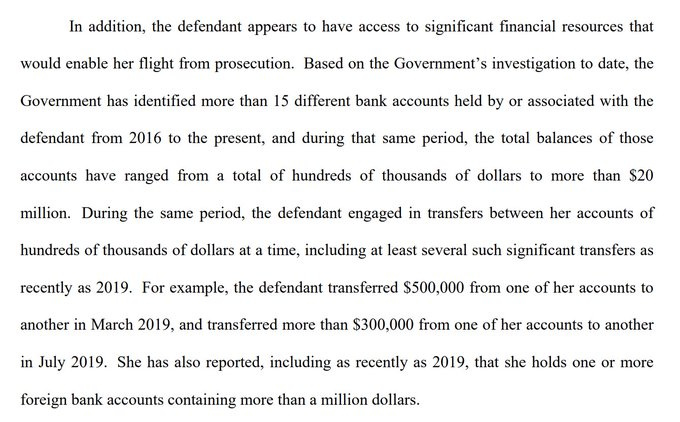

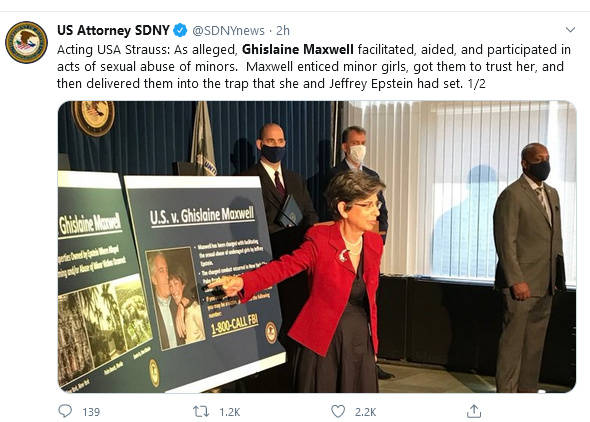
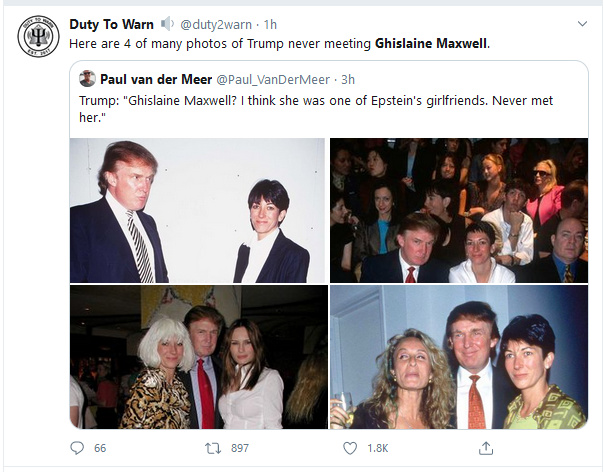
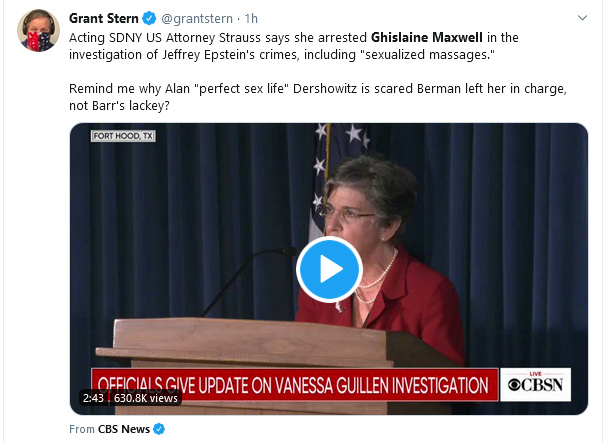

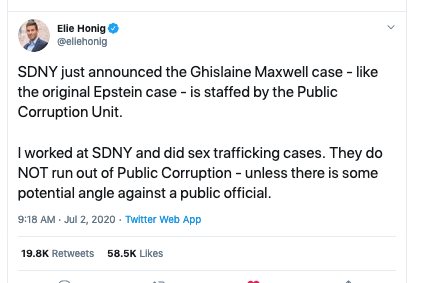

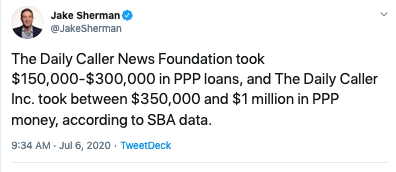
 and his long time political advisor Roger Stone was the broker between Wikileaks and the GRU hackers known as “Fancy Bear”. It was all coordinated, clumsily but still coordinated.
and his long time political advisor Roger Stone was the broker between Wikileaks and the GRU hackers known as “Fancy Bear”. It was all coordinated, clumsily but still coordinated.